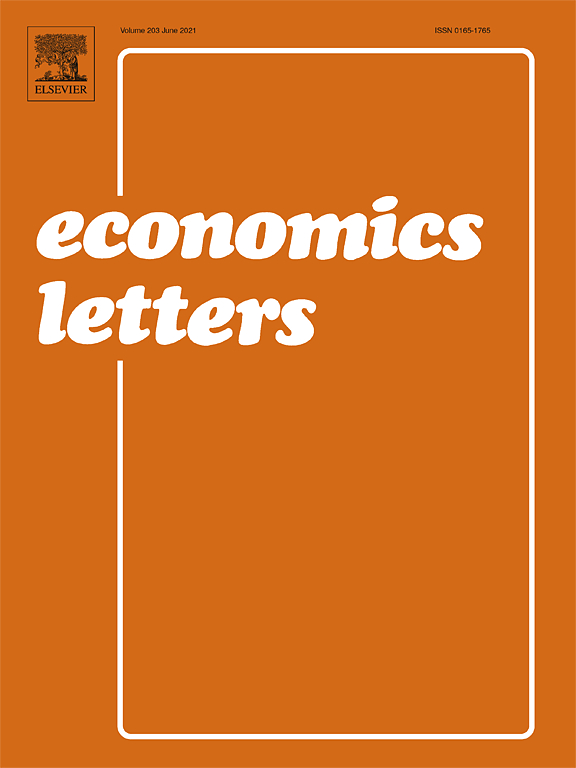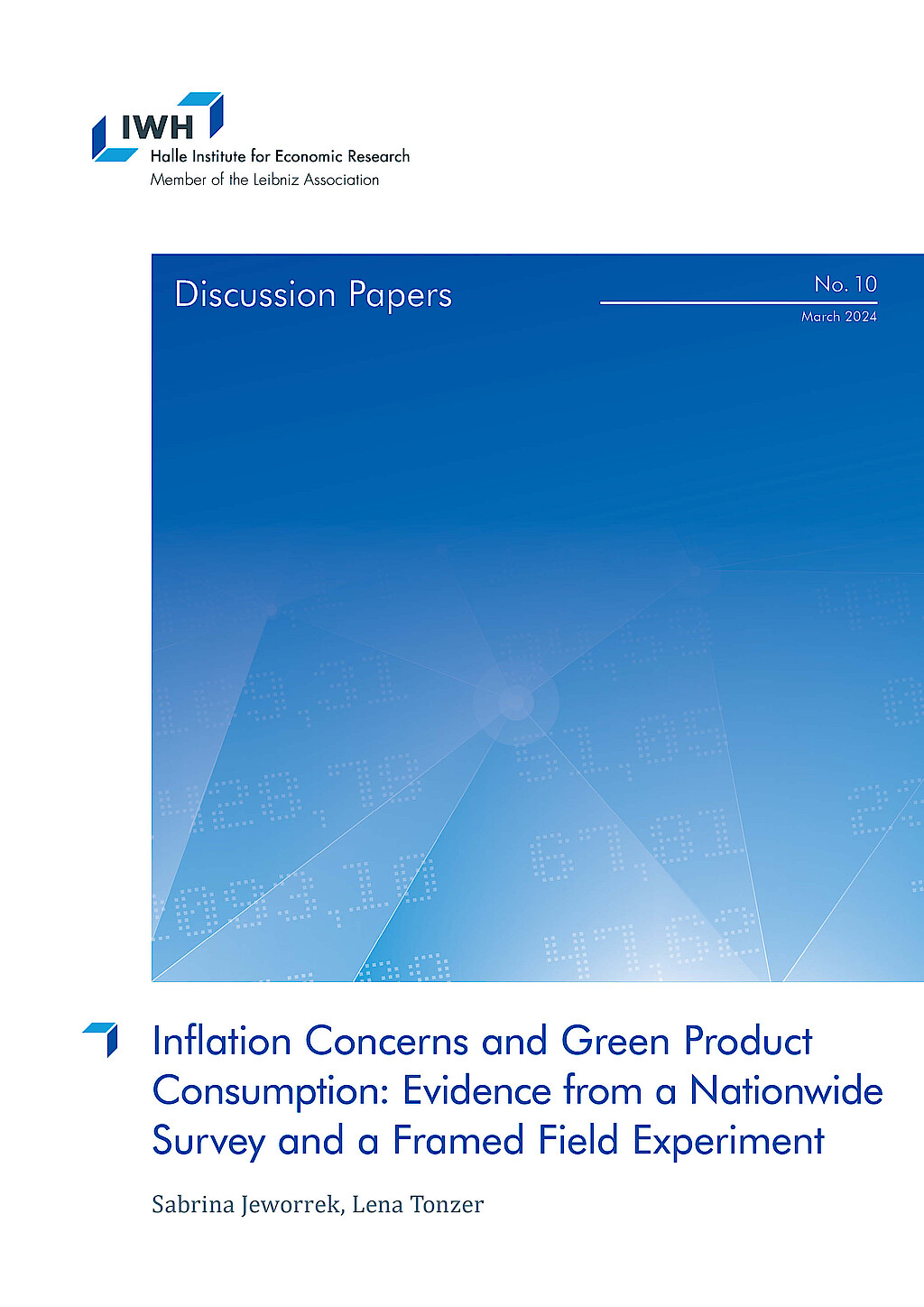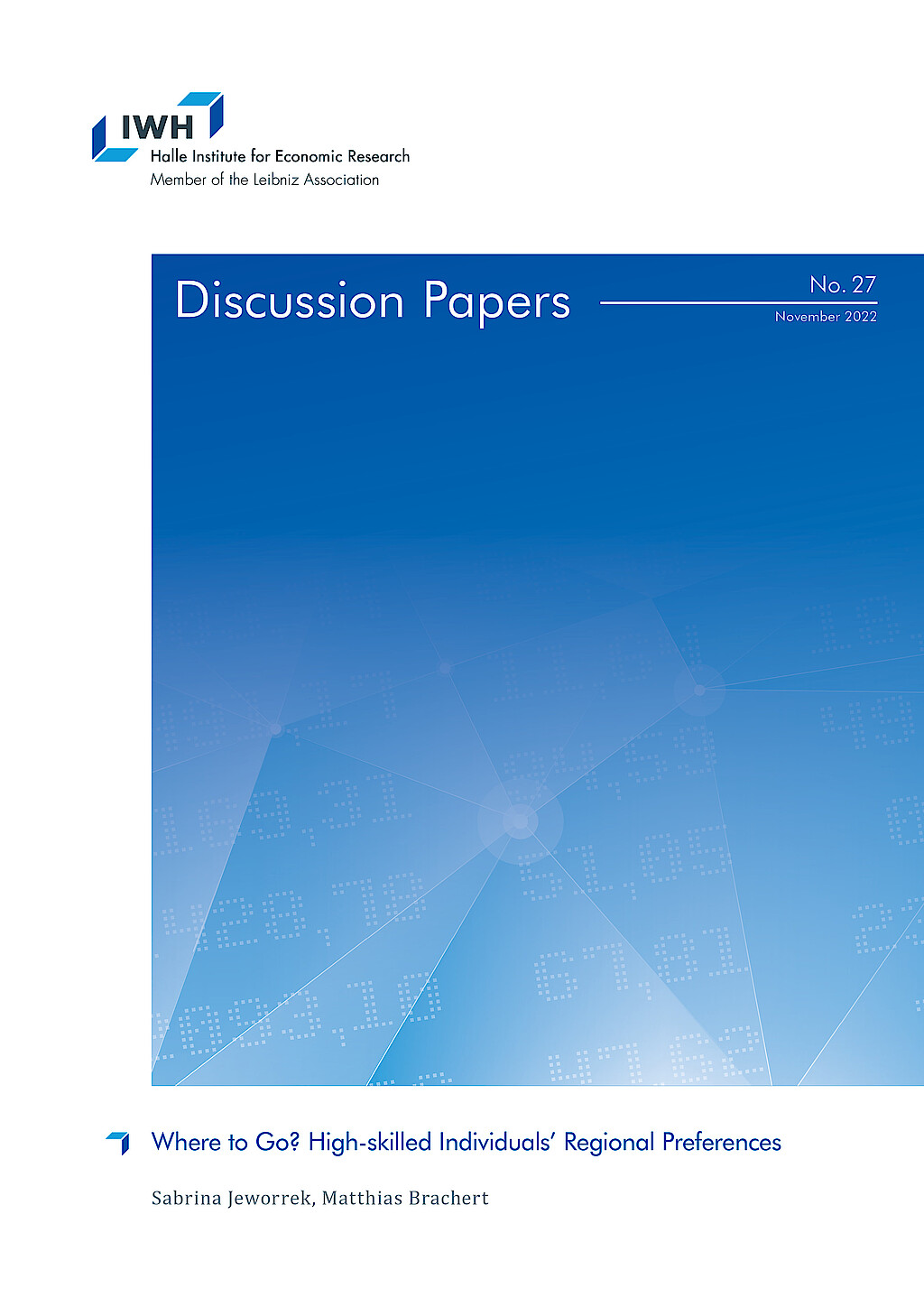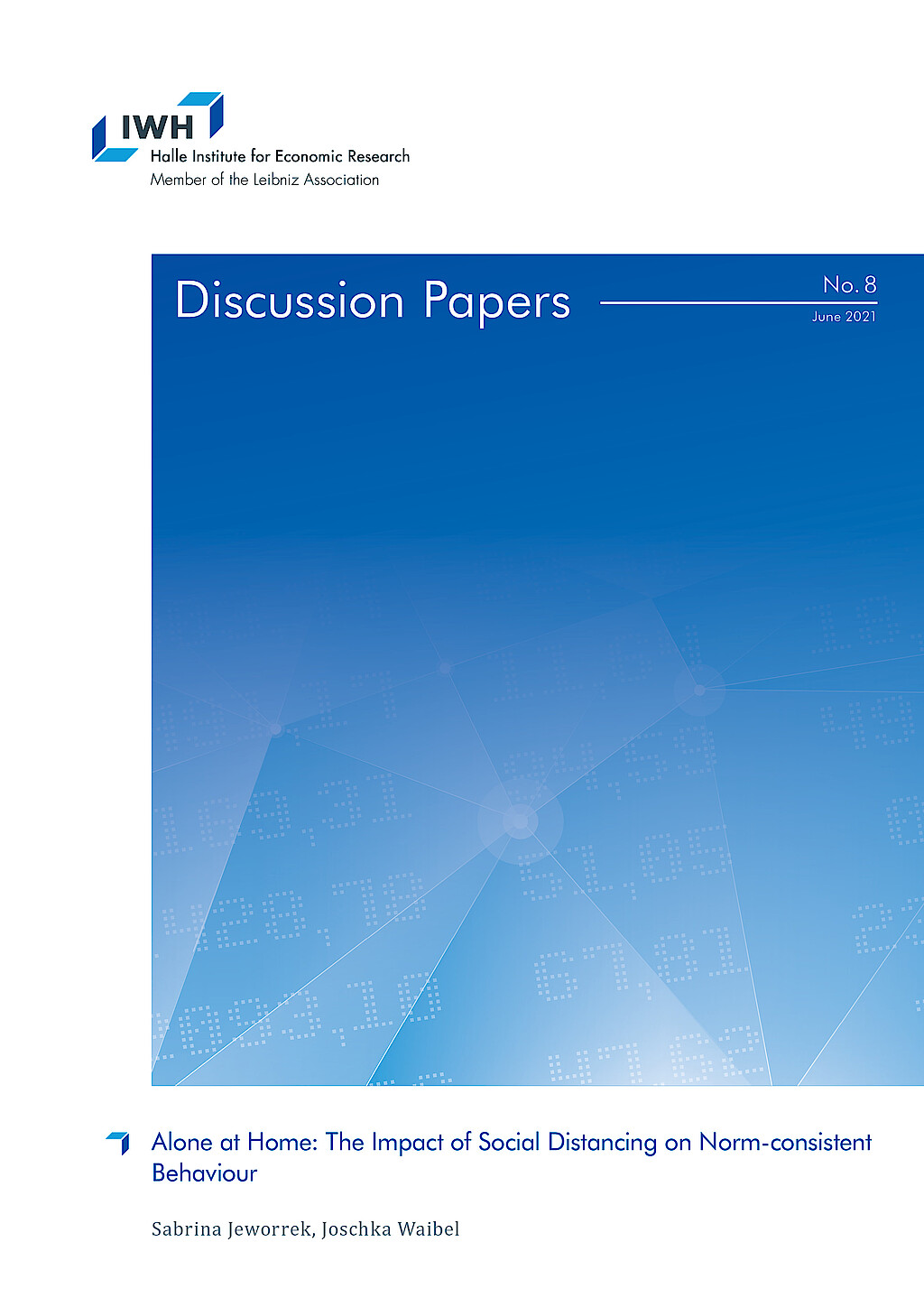Professorin Dr. Sabrina Jeworrek

Aktuelle Position
seit 12/23
Stellvertretende Leiterin der Abteilung Gesetzgebung, Regulierung und Faktormärkte
Leibniz-Institut für Wirtschaftsforschung Halle (IWH)
seit 12/23
Professorin für Organisational Behaviour and Human Resource Management
Otto-von-Guericke-Universität Magdeburg
seit 7/17
Leiterin der Forschungsgruppe Verhalten in Organisationen und Unternehmenserfolg
Leibniz-Institut für Wirtschaftsforschung Halle (IWH)
Forschungsschwerpunkte
- Verhaltens- und Experimentalökonomik
- empirische Personal- und Arbeitsmarktökonomik
- nicht-monetäre Anreizsysteme und Mitarbeitermotivation
Sabrina Jeworrek ist seit Dezember 2023 Professorin für Organisational Behaviour and Human Resource Management an der Otto-von-Guericke-Universität Magdeburg. Seit Oktober 2016 ist sie als wissenschaftliche Mitarbeiterin am IWH tätig, zunächst in der Abteilung Strukturwandel und Produktivität und seit Dezember 2023 als stellvertretende Leiterin der Abteilung Gesetzgebung, Regulierung und Faktormärkte. Seit Juli 2017 ist sie EconBiz-Beiratsmitglied. Ihre Forschungsschwerpunkte liegen in den Bereichen Verhaltensökonomie und Mitarbeitermotivation.
Sabrina Jeworrek studierte an der Philipps-Universität Marburg. Anschließend arbeitete sie als wissenschaftliche Mitarbeiterin am Institut für Arbeitsrecht und Arbeitsbeziehungen in der Europäischen Union (IAAEU) der Universität Trier und promovierte dort.










